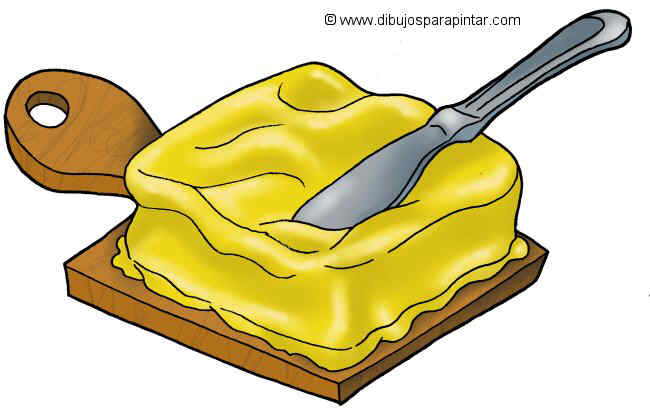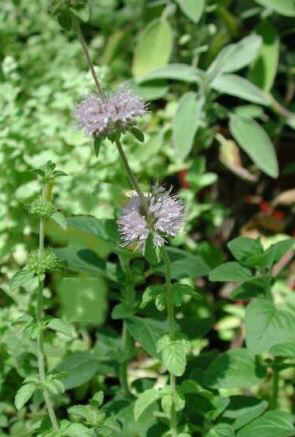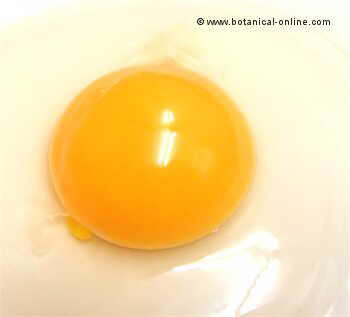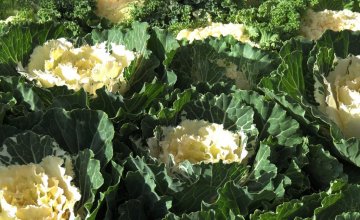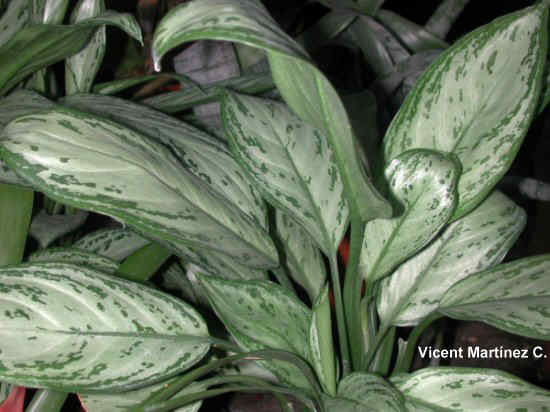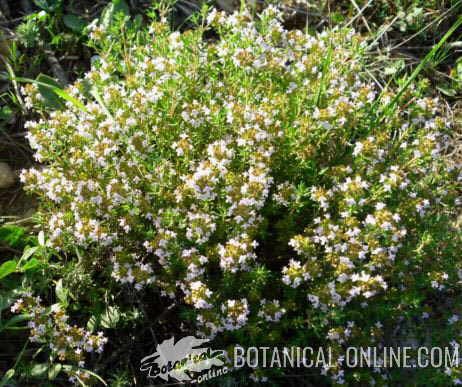Who cannot take infusions or preparations with barberry?
What is barberry and what is it used for?
Barberry (Berberis vulgaris L.) is a medicinal plant with possible toxic effects,which should not be used without medical supervision, especially its root, which is the part of the plant richest in active ingredients.
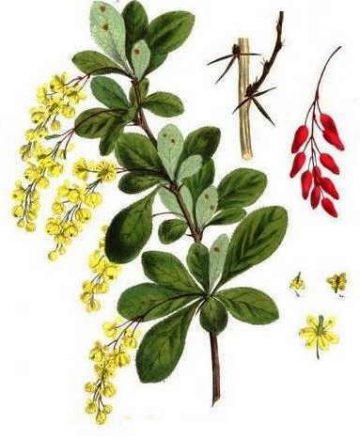
Components of barberry
The active principles of barberry are alkaloids, among which one type called berberine stands out. Berberine is a substance that has been isolated and from which supplements are produced, mainly for anti-inflammatory and anti-diabetic purposes.
What are the contraindications of barberry?
The main contraindications of barberry include the following:
- Medical treatments: People who take medication should consult their doctor before taking barberry or preparations with this plant, since it has a high risk of interacting with medications such as Sintrom or medications for hypertension (In these cases, medical supervision is required). It has also been described that it interacts with phosphodiesterase inhibitor medications used for erectile dysfunction and diabetes. (Berberine is known to inhibit the CYP2D6, CYP2C9 and CYP3A4 pathways. So it can interfere with drugs that use these enzymes to metabolize themselves.)
- Antibiotic treatments: The barberry extract, berberine, interacts with macrolide type antibiotics such as azithromycin and clarithromycin on the cardiac potassium channels (HERG), which can cause severe cardiotoxicity.
- Liver diseases: Barberry is a liver tonic. People with liver problems should avoid taking this and other herbs without medical advice and supervision.
- Heartburn: Barberry bark and leaves can increase acidity due to their properties that stimulate gastric secretions.
- Diarrhea: The plant has purgative effects when used in moderate doses.
- Kidney diseases: The plant can cause nephritis due to the effect of its alkaloids.
Barberry for diabetes
People with diabetes should know that barberry acts in a similar way to oral antidiabetics such as metformin (it works by activating AMPK and preventing gluconeogenesis in the liver). That is, the alkaloid berberine, found in the root and leaves of barberry, keeps blood sugar at adequate levels, only lowering it in the case of high blood sugar levels. However, there is a certain risk of hypoglycemia if berberine supplements are combined with metformin or other types of antidiabetic medications.
For this reason, it is recommended that every people with diabetes consult with an endocrinologist about how to use and monitor these types of treatments.
Barberry during pregnancy
This is an abortive plant and is contraindicated during pregnancy.
Barberry during breastfeeding and in children
This plant is not suitable during pregnancy. It is associated with a high risk of kernicterus in newborns (bilirubin encephalopathy). Children should not take it either.
Barberry fruits
The fruits do not contain alkaloids and therefore have different uses than the rest of the plant. They are edible, have an acidic taste, a lot of vitamin C, and are used to make jams and preserves.
What are the contraindications of berberine?
For information on the contraindications of berberine (Berberol), which is the extract of barberry, read the contraindications of berberine.
![]() More information on the toxicity of barberry
More information on the toxicity of barberry

